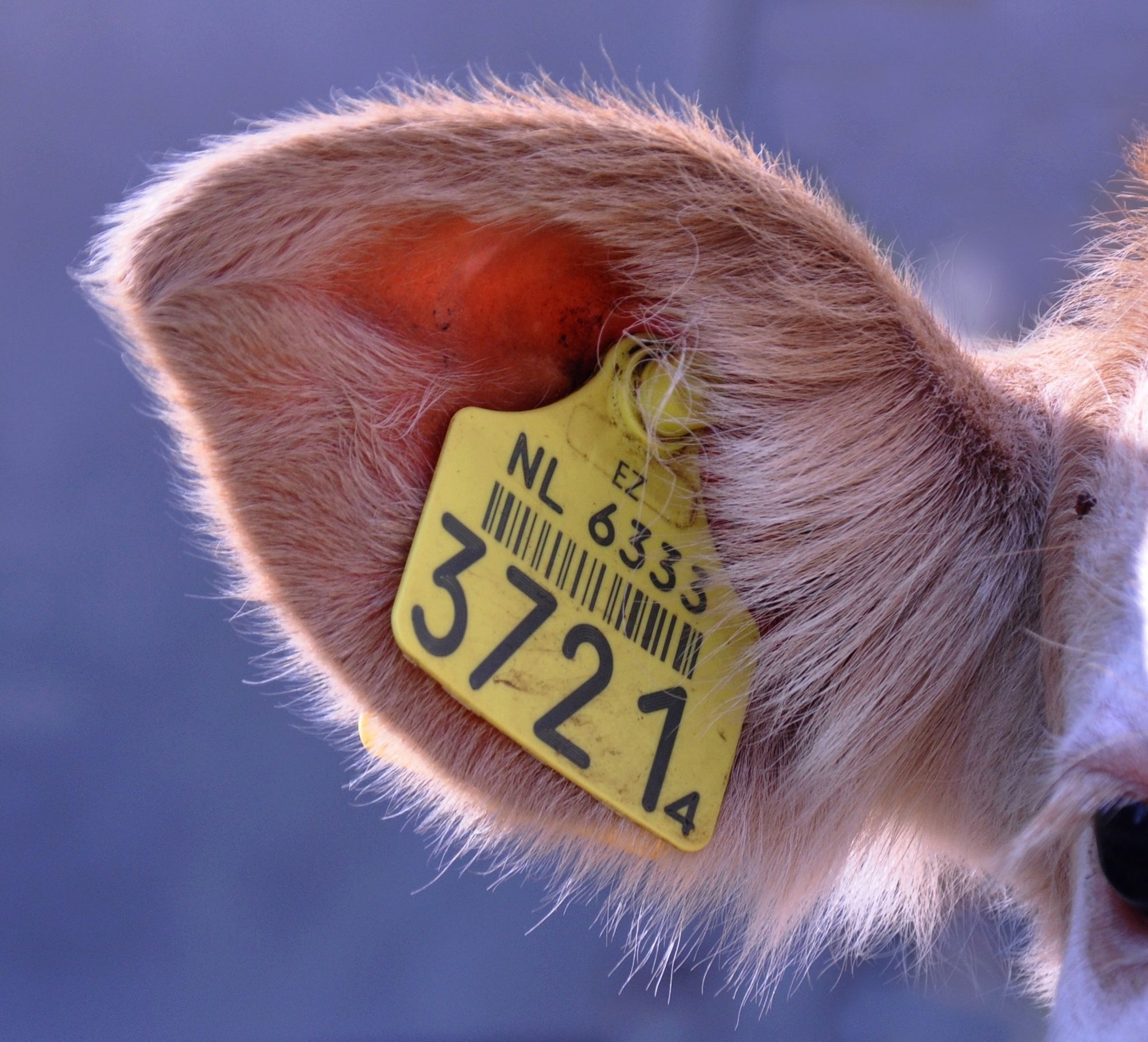Do you know what it takes to measure the value of your small business?
The valuation of small businesses is not just a result of one method, but there are multiple methods that businesses undergo to determine the economic value of the unit.
As far as the purpose of business valuation is concerned, then it is determined for a variety of reasons like
- Sale value
- Establishing partner ownership
- Taxations
- Or maybe others
This article will discuss the numerous ways in which a small business can be valued and how these models can be used to determine the correct value for your business based on its fair market value.
The article covers the following:
- What is Business Valuation?
- What are the factors in determining business value?
- What are the ways to determine the value of the small business
- Cash Flow Method
- Asset Valuation Method
- Multiples of Earnings
- Gross Sales Approach
- Seller's Discretionary Earnings (SDE)
What is Business Valuation?
Business valuation refers to determining the economic value of the business. The business valuation is typically conducted when a company is looking forward to selling its operations or looking forward to merging with another company.
So in order to know the worth of your business, evaluating business aspects and objective measures becomes a crucial part of the process.
The business valuation typically includes analyzing companies' financial management, financial reports, financial structure, valuation of assets, and future earning prospects.
In addition, valuation also comes essentially for tax reporting and some tax-related events like sales, purchases, or gifting of shares of the company.
What are the factors in determining business value?
The factors in determining the business value are entirely subjective, where the ultimate decision and agreement are by the buyer and the seller.
After taking care of all the negotiation, numbers, and insights, you can know about the price estimation. However, if the buyer and seller agree to consider other factors, then there are higher chances for the small business to be evaluated accurately.
Following are the three factors that are considered while determining the business value:
- Location and market factors
- Technological factors
- Economic conditions
1. Location and market factors
If you operate a business dealing in real estate sales, then the business valuation is entirely based on the selling price of that particular location.
2. Technological factors
Suppose your business uses a high level of technology and is considered a huge factor in the sale of the business. In that case, this factor is highly considered in the business valuation. The technological factors can include business websites, online products and sales, and high-end computer programs or applications.
3. Economic conditions
The country's economic conditions in which the business is operating are directly proportional to the value. If the country's economic conditions in which the businesses operate are favorable, then there are high chances of the business to get more excellent value.
By economic factors, we mean the expectation of the value of the business to a prospective buyer.
Overall, the factors mentioned above are just an addition to the business valuation approaches. The buyer and seller can consider all aspects, come to an agreement, and close the deal.
What are the ways to determine the value of a small business?
There are multiple valuation methods that a small business can explore and experiment with based on their business worth.
Based on these methods, you can get a general idea of where to start, how to evaluate and get started with the process.
However, out of multiple valuation methods, five ways provide you with the exact number and are known to be most likely preferred by small businesses.
Following are the five ways to determine the value of your small business:
- Cash Flow Method
- Asset Valuation Method
- Multiples of Earnings
- Gross Sales Approach
- Seller's Discretionary Earnings (SDE)
Let's discuss each of the ways in detail:
1. Cash flow Method
As the term suggests, the cash flow method of business valuation refers to using the information from the cash flow statement. This method is suitable for buyers who want to know the amount of cash generated in your business.
Here, the buyer evaluates the inflows and outflows of cash for the business over a specific period, and later, it is discounted for its future value.
In simple words, the method is based on the projections of future cash flows that are adjusted to the business's current market value.
This method is also known as the Discounted Cash Flow Method.
2. Asset Valuation Method
Asset valuation methods take down note of all the business assets that the business owns, holds the value, and are presentable on the balance sheet.
The common assets can be divided into two parts:
- Tangible Assets that include land and building, cash, account receivable, equipment, furniture and fixture
- Intangible assets that include intellectual property, goodwill, copyrights, and trademarks
In addition, the business assets can be valued on two circumstances; going concern concept or by selling assets for cash.
One thing to consider is that if you are selling out your entire business based on asset valuation, then you may not get the exact picture because the mystery factor in any of the business valuations is goodwill.
If the amount of listed assets and sale value of the business has a difference, then the difference amount is termed as the premium paid for the business.
This premium is known as goodwill which is bagged due to the factors like reputation, employees working with the organization, brand value, or customer loyalty.
3. Multiples of Earnings
Multiple earnings methods are preferred by the businesses with shareholders and looking forward to multiples of earnings per share (EPS) of the stock.
Based on this method, the business is in a position to evaluate the ability to produce future wealth.
As a result, the earnings per share and the company's value are directly proportional.
It means, higher EPS means more value to the company.
For your understanding, the following is the method to evaluate the Earning Per Share (EPS)
- First, the net income of the business is evaluated.
- Next, the income gets reduced by adding out interest rates and taxes that result in an EBIT (Earnings Before Interest and Tax)
- At last, the amount of depreciation or amortization is charged that results in EBITDA (Earnings before interest, tax, depreciation, and amortization)
- Finally, the earnings are multiplied by the number of shares.
4. Gross Sales Approach
The term gross sales refers to the number of sales generated by the business. As far as the business valuation process is concerned, the buyers consider the gross sales of three previous years.
However, the amount of fluctuation and level of sales cannot be determined easily, which is why the method is less useful for the valuation.
5. Seller's Discretionary Earnings (SDE)
The seller's discretionary earning business valuation method is similar to the multiples of earnings discussed above.
The SDE method is practiced mainly by small companies of small business owners where the amount of gross profit is reduced by multiple numbers such that the earnings can be determined based on the operating expenses.
It means that the SDE method takes into consideration the following:
- Interest expense
- Non-operating expenses
- Depreciation and amortization
- Non-recurring expenses
- Income taxes
Coming down to the valuation part, then it is usually expressed as a multiple of SDE that ranges from 1 to 4 times.
The SDE is measured by taking into consideration the following
- EBITDA, i.e
Earnings before interest, taxes depreciation, and amortization
and
- Owners Compensation, i.e.,
Business owner's salary, compensation, and perks
That sums together,
SDE = EBITDA + Owner's Compensation
The five businesses mentioned above valuation methods consider different factors and variables to calculate the ultimate value. The business owners must be aware of these business valuation methods, consider the pros and cons and then select the best approach suitable for the business.
Bottom Line
By conducting the business valuation, the small business can assess the financial health and potential of the business.
Whatever valuation method you choose, it is crucial for you to consider the factors, calculations, numbers, and formulas to compare and select what suits best for your valuation. Rest, based on discussion with the seller, you can negotiate at the best price and sign the agreement to put that forward.
How Deskera Can Assist You?
As a business, you must be diligent with employee payroll system. Deskera People allows you to conveniently manage payroll, leave, attendance, and other expenses. Generating payslips for your employees is now easy as the platform also digitizes and automates HR processes.
Key Takeaways
Whatever plans you have for a business, knowing your business worth is extremely important. This article covered the valuation methods that a business can choose to get an accurate value based on their purposes.
Following are the key takeaways of the article:
- Business valuation refers to determining the economic value of the business. It typically includes the analysis of financial statements, financial structure, valuation of assets, and future earning prospects.
- The factors in determining the business value are subjective, where the ultimate decision and agreement are by the buyer and seller.
- In addition, three factors are considered while determining the business value; locational & market factors, technological factors, and economic conditions.
- There are multiple valuation methods that a small business can explore and experiment with based on the business's worth.
- Five of the multiple valuation methods provide the exact number and are known to be most likely preferred by small businesses.
- The five ways to determine the value of the business includes
- Cash Flow Method
- Asset Valuation Method
- Multiples of Earnings
- Gross Sales Approach
- Seller's Discretionary Earnings (SDE)
- All of the five business valuation methods consider different factors and variables to calculate the business's ultimate value.
Related Articles











